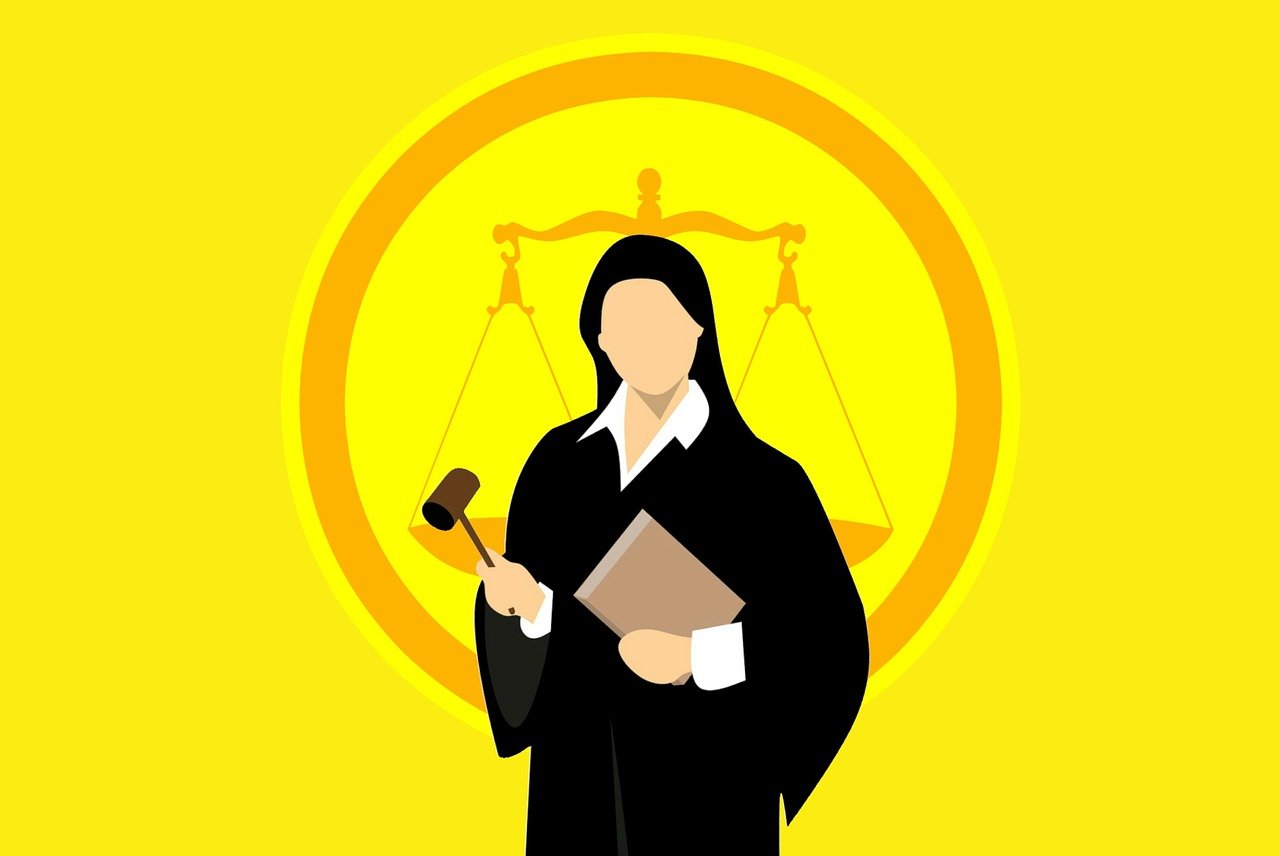4 Different Types Of Lawsuits (and How To Know Which Applies To You)
The justice system is designed to retain order and deliver justice and is guided by the law. Primarily, the law falls into two main categories: criminal and civil.
Author:Darren McphersonReviewer:Camilo WoodAug 28, 20238.7K Shares178.1K Views

The justice system is designed to retain order and deliver justice and is guided by the law. Primarily, the law falls into two main categories: criminal and civil.
Criminal law deals with cases where an individual or organization is accused of conduct that has harmed society. This is where the government prosecutes the guilty party. Conversely, civil law is the realm of private disputes and disagreements. This is where lawsuits come into play.
Lawsuits are filed by individuals who feel the actions, or the inaction of others have caused them harm with the hope of recovering compensation for damages or having an issue legally resolved. This guide navigates the different types of lawsuits and can be an excellent read for learning some aspects of the law that apply to everyday life.
Personal Injury Lawsuits
Personal injury lawsuits are the most common type of lawsuit. It is a broad legal field designed to protect victims of harm caused by someone else's negligence or wrongful conduct. This field covers a range of situations, including slips and falls, car or train accidents, workplace incidents, medical malpractice, and defective products, among others.
It's important to understand that each incident type has its unique legal approach. For instance, if you slip and fall in a supermarket due to a wet floor, you may need to work with a lawyer specializing in premises liability.
Intellectual Property Lawsuits
Intellectual property (IP) refers to creations of the mind, such as inventions, literary and artistic works, designs, symbols, names, and images used in commerce. The legal rights to these creations are often owned by the individuals who conceived them, granting them exclusive rights over their use, and violations, such as unauthorized use or duplication, may lead to an intellectual property lawsuit.
In many cases, the first step in handling an IP rights violation is a cease and desist order, a document sent to the alleged violator to stop the supposedly illegal activity. This order often precedes a lawsuit if the violation continues. IP rights encompass various areas, including copyrights, patents, and trademarks.
If a business uses your trademark without your permission, causing confusion among consumers and damaging your brand, you may need to file an IP lawsuit to protect your legal rights and seek compensation for any losses.
Class Action Lawsuits
Class action lawsuits are a legal mechanism enabling a large group of individuals who have suffered similar harm collectively to bring a claim to court as one case. A class action lawsuit isn't tied to a specific law but is a procedural device used within the legal system.
One common scenario involves product liability claims where a defective product has caused harm to multiple individuals. For instance, a company might manufacture and sell a faulty appliance, leading to widespread injuries or property damage.
Rather than each affected individual filing a separate lawsuit, they can join together in a class action lawsuit, streamlining the legal process and providing an avenue for collective redress.
It's an essential tool for achieving justice, particularly in cases where the individual harm might be small, but the aggregate damage is substantial. The good news is that some online legal resources, such as lawsuitlegalnews.com, can help you view the most recent mass torts and trends and tips on joining existing and new class action lawsuits.
Defamation Lawsuits
Defamation is a category of lawsuits that centers on false statements made by an individual or entity that cause damage to someone's reputation. This damage can be written (libel) or spoken (slander).
For a statement to be classified as defamatory, it must be false, presented as a fact, communicated to at least one person other than the subject, and damage the subject's reputation. For instance, an untruthful online blog post that wrongfully accuses a public figure of unlawful conduct can be grounds for defamation.
While defamation can fall under the personal injury category because it injures a person's reputation and causes emotional and psychological distress, it doesn't fit entirely. Personal injury usually refers to physical harm, while defamation harms a person's reputation. Therefore, it may be more accurate to categorize defamation as a subset of personal injury law or as a separate legal category.

Darren Mcpherson
Author
Darren Mcpherson brings over 9 years of experience in politics, business, investing, and banking to his writing. He holds degrees in Economics from Harvard University and Political Science from Stanford University, with certifications in Financial Management.
Renowned for his insightful analyses and strategic awareness, Darren has contributed to reputable publications and served in advisory roles for influential entities.
Outside the boardroom, Darren enjoys playing chess, collecting rare books, attending technology conferences, and mentoring young professionals.
His dedication to excellence and understanding of global finance and governance make him a trusted and authoritative voice in his field.

Camilo Wood
Reviewer
Camilo Wood has over two decades of experience as a writer and journalist, specializing in finance and economics. With a degree in Economics and a background in financial research and analysis, Camilo brings a wealth of knowledge and expertise to his writing.
Throughout his career, Camilo has contributed to numerous publications, covering a wide range of topics such as global economic trends, investment strategies, and market analysis. His articles are recognized for their insightful analysis and clear explanations, making complex financial concepts accessible to readers.
Camilo's experience includes working in roles related to financial reporting, analysis, and commentary, allowing him to provide readers with accurate and trustworthy information. His dedication to journalistic integrity and commitment to delivering high-quality content make him a trusted voice in the fields of finance and journalism.
Latest Articles
Popular Articles